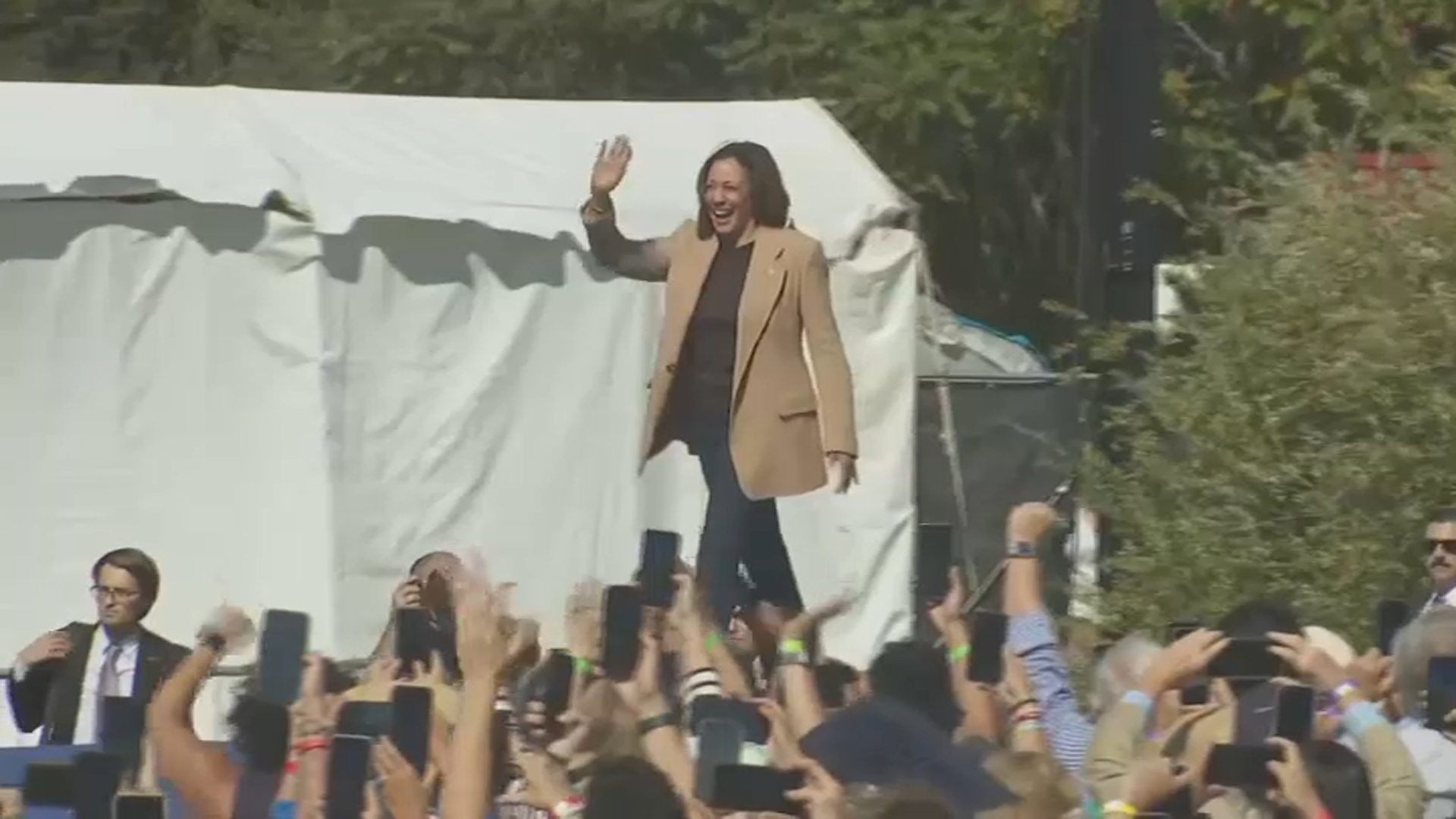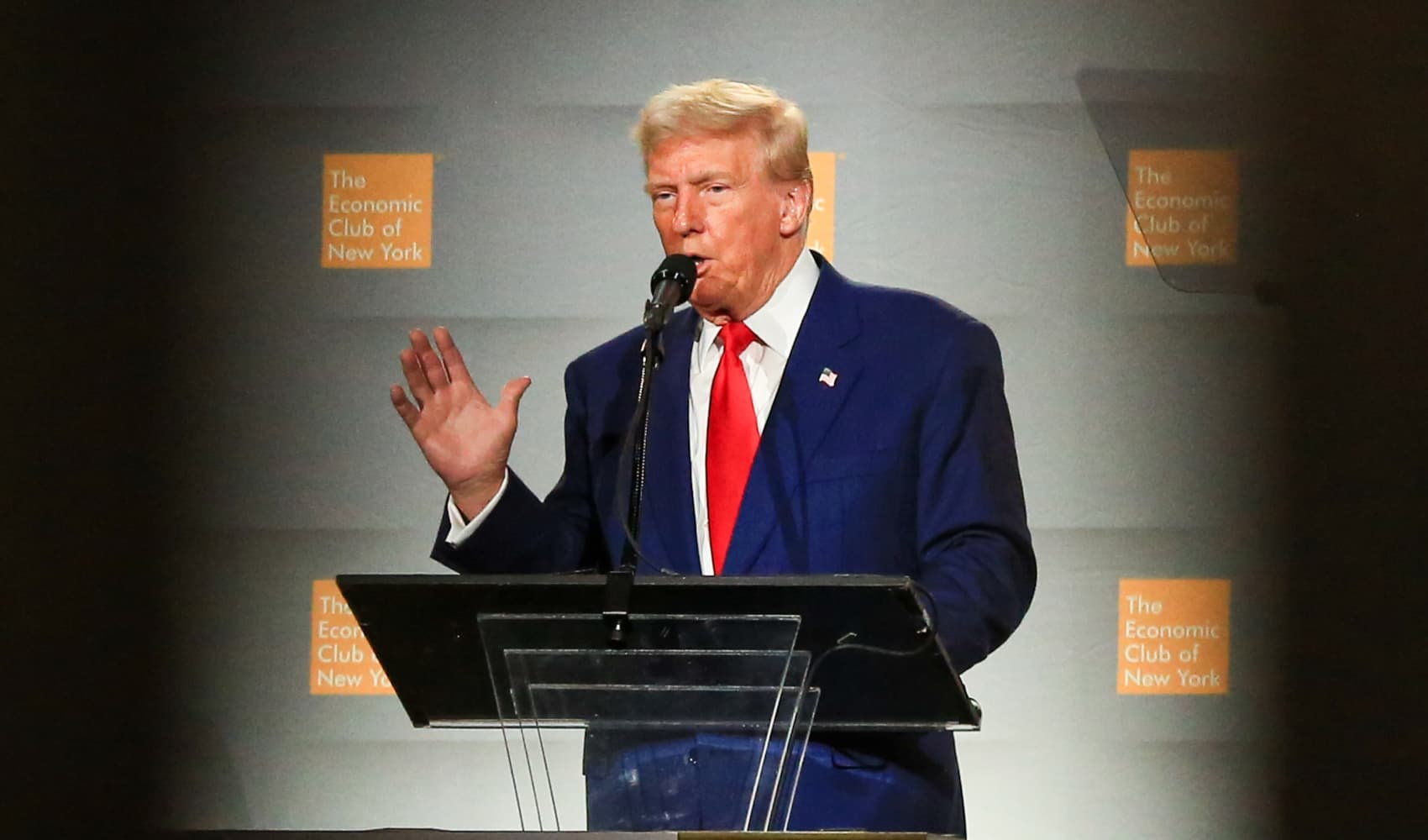
New Hampshire is among the smallest states in the country, but its state primaries on Tuesday have enough intrigue to fill a much larger state.
The New England state has an independent streak that makes it hard to categorize as red or blue. While it has voted for the Democratic presidential candidate in each of the last five elections, it’s also sent the moderate Republican Chris Sununu to the governor’s mansion four times. Its four-person congressional delegation has been comprised entirely of Democrats since 2017, but Republicans currently hold slim majorities in both chambers of the state legislature.
Tuesday’s primaries will set the stage for a revealing general election. Due to the retirements of Sununu and longtime Rep. Ann Kuster, there are open races for governor and the state’s 2nd Congressional District. Both races have competitive Republican and Democratic primaries. And on top of those key executive and legislative races, all seats in the nation's largest state legislature are up for election in 2024.
The Republican gubernatorial primary will pit Kelly Ayotte, a former U.S. Senator who has promised to stay on the “Sununu path,” against former state Senate president Chuck Morse, who has touted himself as the “sole New Hampshire gubernatorial candidate to have endorsed Donald Trump.” Ayotte is the leading fundraiser in the race, with over $7 million raised so far.
On the Democratic side, Joyce Craig, the former mayor of Manchester, will face Cinde Warmington, the lone Democrat on the New Hampshire Executive Council (a five-member panel that approves state agency heads, judges and state contracts), and business owner Jon Kiper. Craig is the second-highest fundraiser among candidates for governor from either party, trailing only Ayotte.
The 2nd Congressional District, which stretches across the state’s eastern side and is the bluer of the state’s two districts, has a Republican field of more than a dozen candidates. The leading fundraiser is Vikram Mansharamani, an economist and author, with 2022 candidate Lily Tang Williams trailing by about $100,000.
But the Democratic primary, which is between political operatives Maggie Goodlander and Colin Van Ostern, has developed into the more expensive – and nastier – race.
Kuster has waded in on behalf of Van Ostern, a former staffer of hers. In an ad she filmed for him, she criticized Goodlander for not living in the district for decades. Goodlander, who worked for the late Sen. John McCain and in the Department of Justice, was born and raised in the district but owns property in the state’s other congressional district. Van Ostern, who unsuccessfully sought the governor’s mansion in 2016, is pitching himself as the candidate with more grassroots support.
Here’s a look at what to expect on Tuesday:
Primary day
New Hampshire’s state primaries will be held Tuesday. The last polls close at 8 p.m., although polls in most of the state close at 7 p.m. Polls in two towns close at 7:30 p.m.
What's on the ballot?
There are contested primaries for governor, U.S. House, state Senate, state House and executive council, along with other down ballot races for state senator and state representative.
Who gets to vote?
Voters registered with a political party may vote only in their own party’s primary. In other words, Democrats can’t vote in the Republican primary or vice versa. Independent or undeclared voters may participate in any primary.
Decision notes
New England states report votes at the township level, not the county level. Townships are smaller subdivisions, and many towns report all or nearly all of their votes at once.
New Hampshire counts the vast majority of its votes on election night. No statewide races will be called before the last polls close at 8 p.m. Historically, less than 1 in 10 ballots in New Hampshire are cast before Election Day, as the state requires an excuse to vote absentee.
The state’s largest townships are Manchester, Nashua, Rochester, Concord, Derry and Salem. New Hampshire has multi-member state legislative districts, with the number of representatives varying by town size, so these townships will have a larger number of state legislators.
Of those, Nashua, Concord and Salem fall within the 2nd District. Goodlander was born and raised in Nashua, while Van Ostern lives in Concord.
There are no automatic recounts in New Hampshire state primaries, but a candidate may request and pay for a recount if the vote margin is either 10 votes or less than 1.5% of total ballots cast.
What do turnout and advance vote look like?
As of June 28, there were about 891,000 registered voters in New Hampshire. Of those, 29% were Democrats, 34% were Republicans and 37% were independents or did not declare a political affiliation.
In 2022, turnout was 11% of registered voters in the Democratic state primaries and 17% in the Republican state primaries. About 8% of Democratic primary voters and 4% of Republican primary voters cast their ballots before primary day.
How long does vote-counting usually take?
In the 2022 primaries, the first reported results were at 7:26 p.m., or 26 minutes after the first polls closed. The election night tabulation ended at 3:11 a.m. wit,h about 88% of total votes counted.
Associated Press writer Robert Yoon in Washington contributed to this report.




